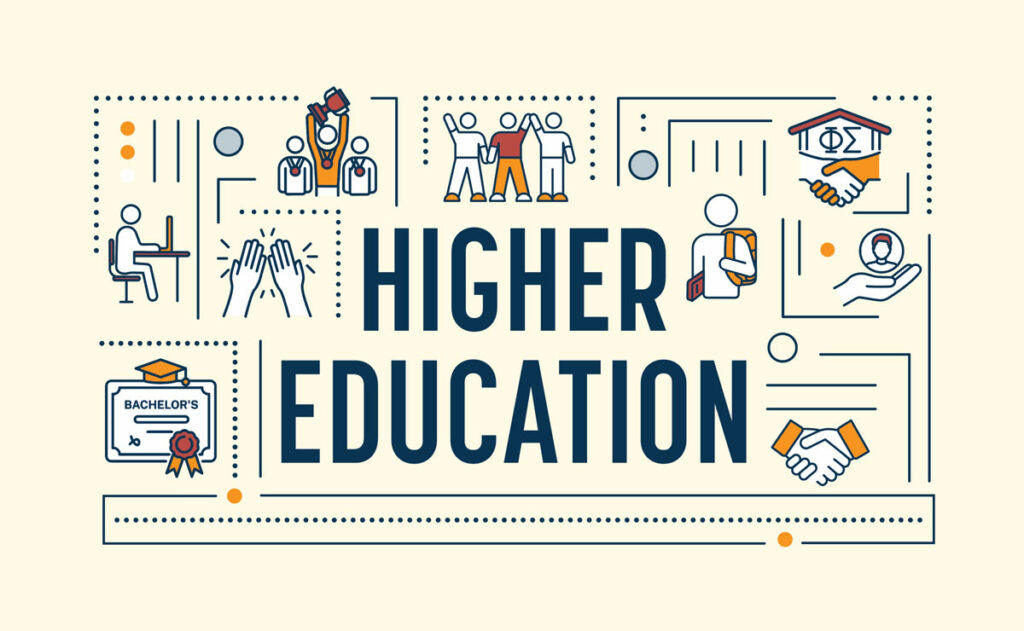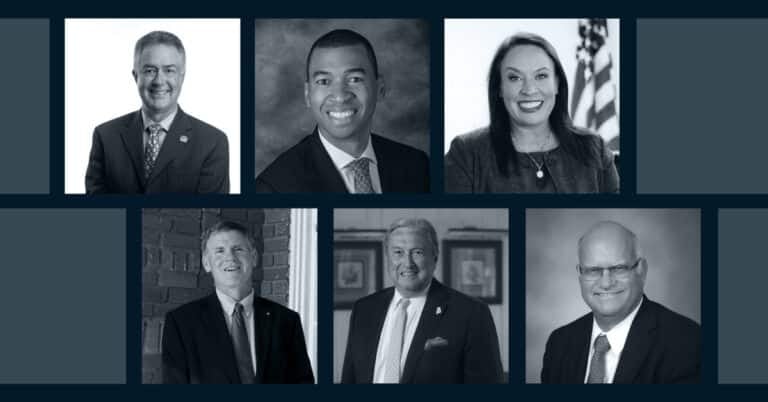The New Era of College Recruiting
In today’s rapidly evolving job market, college recruiting has undergone a significant transformation. In the past, traditional degree programs and on-campus job fairs were the primary avenues for students to secure their future careers. As businesses seek candidates with specialized skills and innovative thinking, higher education institutions have responded by offering a variety of unique and intriguing degree programs designed to meet the demands of modern industries. From sustainable business practices and digital marketing analytics to artificial intelligence and cybersecurity, these specialized programs are not just academic pursuits, but strategic pathways to success.
Rethinking Recruitment
Universities are also redefining their recruiting strategies, employing cutting-edge technologies and personalized outreach to attract a diverse and talented student body. Virtual reality campus tours, AI-driven career advising and strategic partnerships with leading corporations are just a few examples of how colleges are enhancing their appeal to prospective students. These initiatives are more than just innovative; they are instrumental in equipping graduates with the practical skills and industry connections necessary to thrive in a competitive job market.
Dr. Quinton T. Ross Jr., President of Alabama State University, emphasizes the importance of adapting to these shifts. “It is important for institutions of higher learning to retool their academic enterprises continuously in order to meet the evolutionary demands of the job market. I believe the changes in testing requirements and the flexibility of hybrid course offerings will give greater access to both in-person and online courses, which will help foster positive enrollment growth.”
A More Practical Approach
As we delve deeper into how colleges are reshaping their recruiting efforts and curricula, it becomes evident that these changes are setting up students for unparalleled success. More than ever before, universities are taking online students into consideration.
Dr. Jack Hawkins, Jr., Chancellor of Troy University agreed, “Serving students is the most important thing we do at TROY. One of the biggest differences we see today can be found in the way we serve students. When I arrived at TROY 35 years ago, 100 percent of our students completed their coursework in class. Half the students we serve today study at a distance.”
“After the pandemic, we noticed that many of our students continued to take online courses, which led us to dive into our current course offerings to ensure that we were meeting the needs of our students. We are taking into account how to offer courses in a traditional, online and hybrid setting to ensure enrollment for all types of students to meet their needs,” said Dr. Kemba Chambers, President of Trenholm State Community College.
The Ongoing Importance of Higher Ed
While the learning methods to achieve them may have adapted, bachelor’s degrees are still necessary for increasing your marketability to future employers. By aligning educational offerings with the needs of today’s students and the evolving business world, higher education institutions are not only preparing students for their first jobs but also for lifelong careers in an ever-changing global economy.
Carl A. Stockton, Chancellor of Auburn University at Montgomery said, “According to the U.S. Bureau of Labor, individuals with a bachelor’s degree earn 68 percent more than individuals with only a high school diploma. Another study revealed that, of job openings posted online, more than 80 percent require a bachelor’s degree or higher. Earning a bachelor’s degree or going a step or two beyond with a graduate degree increases marketability – particularly in the healthcare, education, STEM and governmental sectors.”






